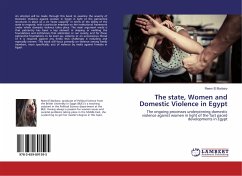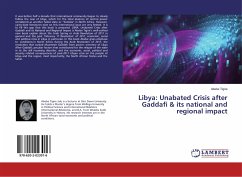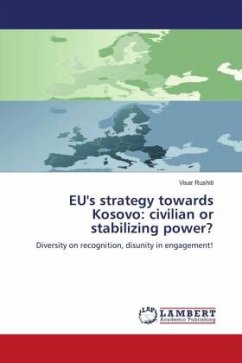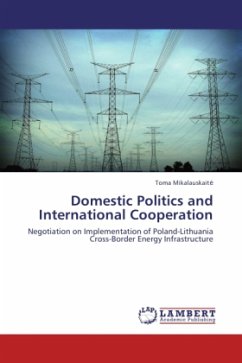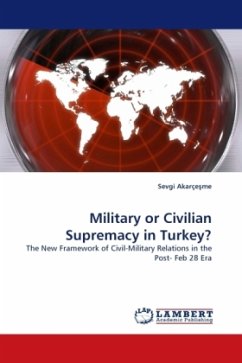Redefining national security to include non-military and domestic issues, as a consequence of the end of the Cold War impacted significantly on the state-sponsored intelligence practice. The deployment of domestic civilian intelligence services has, in the absence major form of violence such as insurgencies, created a dilemma for states. Reports of human violations by domestic intelligence services represent a direct assault on the democratic fabric of states. Problems of information-sharing and co-ordination, and turf wars continue to produce intelligence failures.This work draws on the experience of South Africa s National Intelligence Agency (NIA) and the United Kingdom s Security Service (MI5). This book serves as a useful tool for students, academics, policy-makers and human rights groups as we all grapple with positioning our domestic civilian intelligence services for the 21st century security challenges. From this analysis springs a new school of thought premised upon theconviction that in the absence of an insurgency, a domestic civilian intelligence service should neither be readily established nor retained, or else its mandate should be narrowly defined.
Bitte wählen Sie Ihr Anliegen aus.
Rechnungen
Retourenschein anfordern
Bestellstatus
Storno


